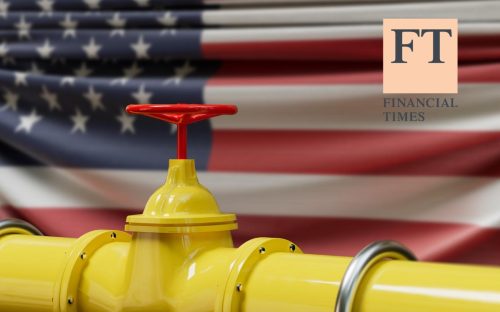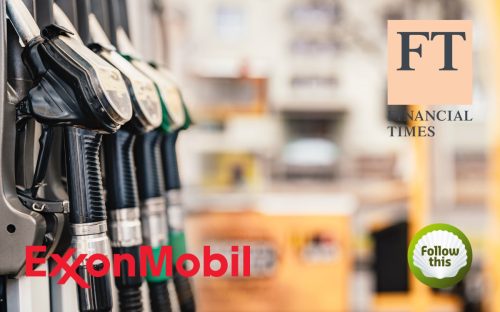Washington Post | The U.N. Climate Change Conference, or COP29, starts as the world’s nations have failed to deliver on the central pledge of last year’s negotiations.
The world has only about five years left at current emissions levels before it exceeds the carbon budget projected to keep temperature increases below 1.5 degrees, a key goal of the Paris agreement, a treaty brokered in 2015 to reduce emissions signed by 194 countries and the European Union. Based on carbon budget figures in a recent U.N. emissions report, humanity could generate greenhouse gases at current levels for roughly another 22 years before breaking the budget for keeping temperatures below 2 degrees.
“We’re dealing with companies that want to go on with oil and gas as long as possible,” said Mark van Baal, founder of Dutch activist group Follow This, who has pushed for greener policies in fossil fuel companies. “This is their comfort zone. This is how they got to the top of the pyramid.”
Van Baal cited Shell, the world’s fourth-largest oil and gas company, as one example. In 2021, the company had announced a series of groundbreaking emissions-reduction targets. But this year, the company, under a new CEO, watered down an emissions-reduction target for 2030 and eliminated the target for 2035 — which had originally called for a 45 percent reduction in the carbon intensity of its productions.
The company says it plans to expand its production of liquefied natural gas, the least emissions-intensive fossil fuel, and keep oil production flat for the rest of the decade.
A Shell spokeswoman said that Shell is making “good progress on our climate targets” and supports the goals of the Paris agreement. Shell CEO Wael Sawan said that “while the world still relies on oil, we will supply it — but with lower emissions.”
Van Baal said that the policies of companies such as Shell amount to a bet “on the failure of Paris.”
Read the full story on Washington Post










